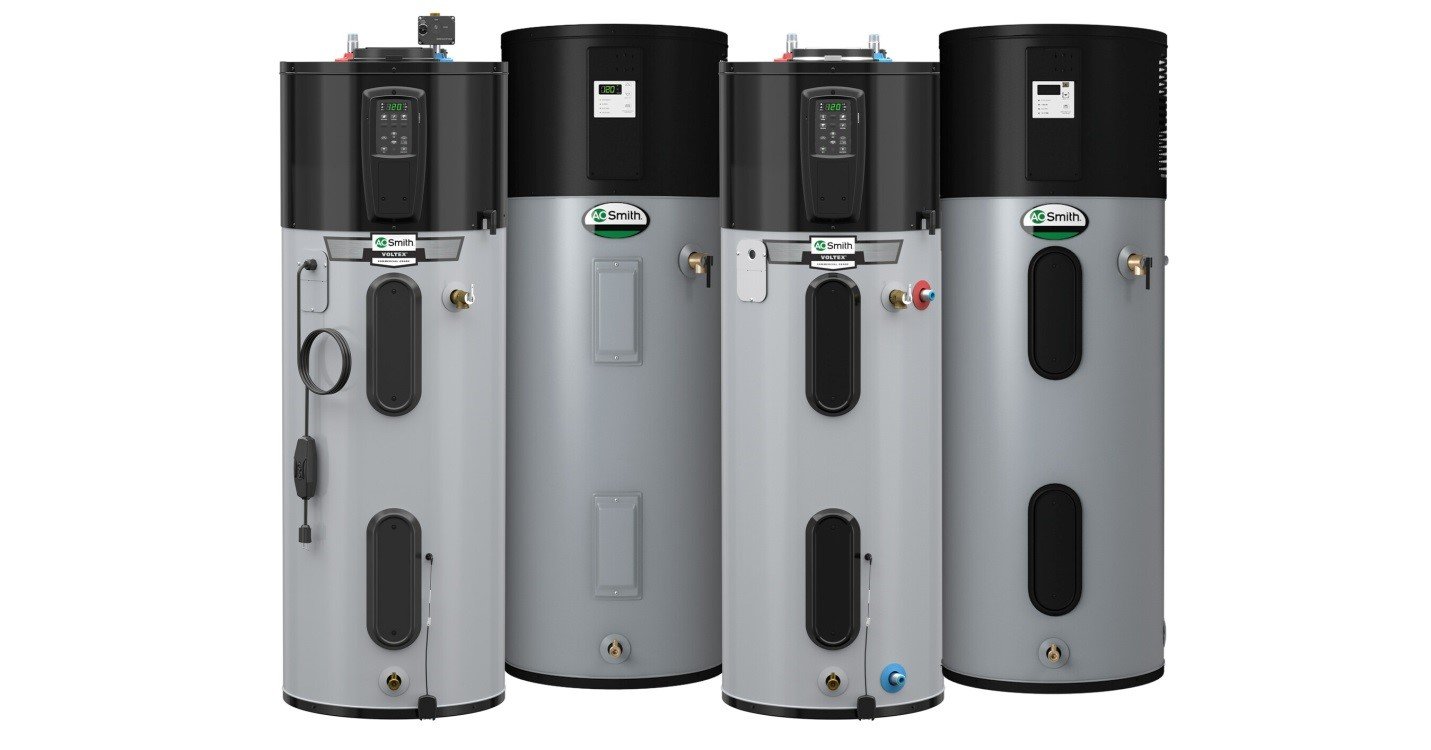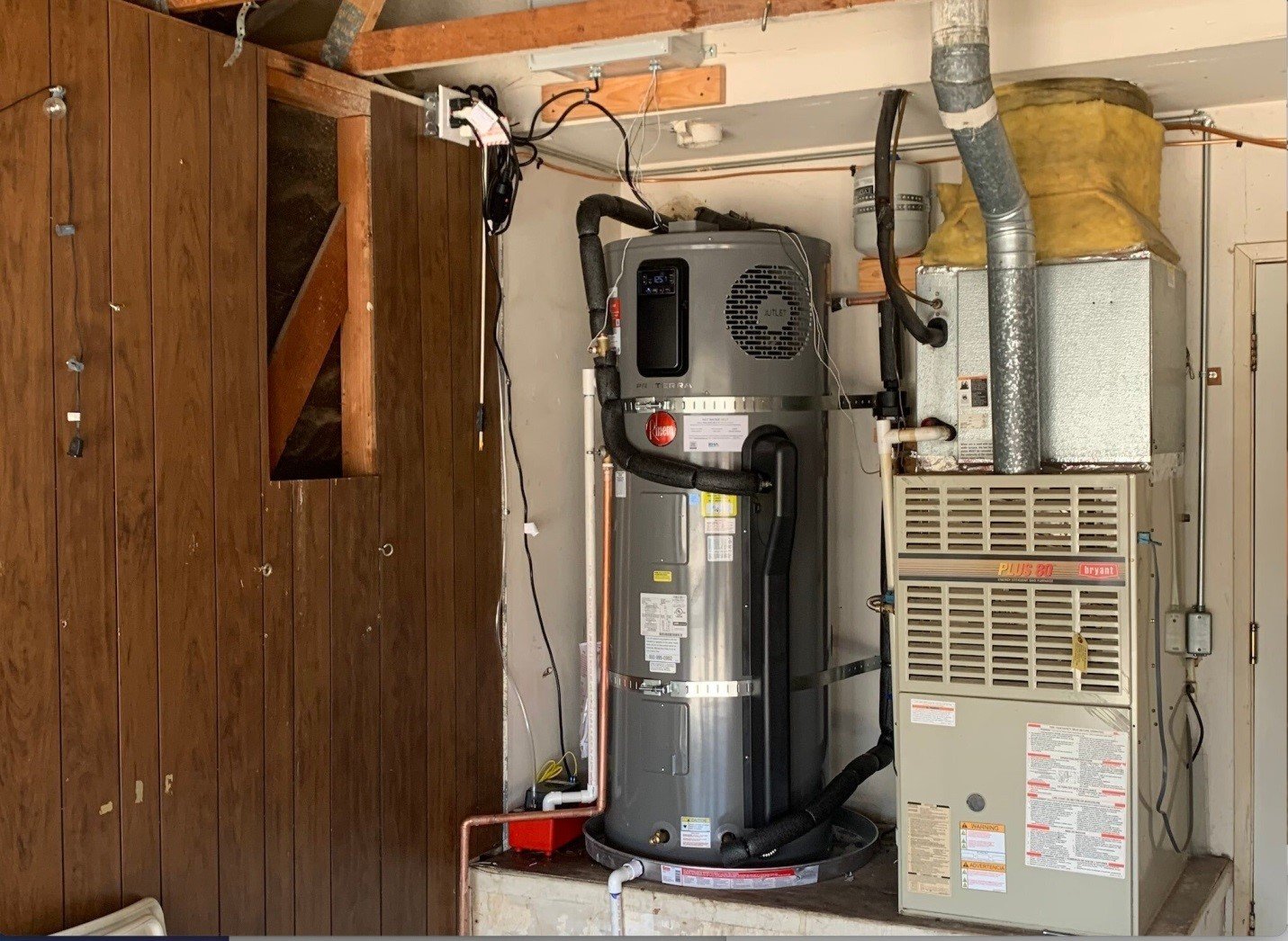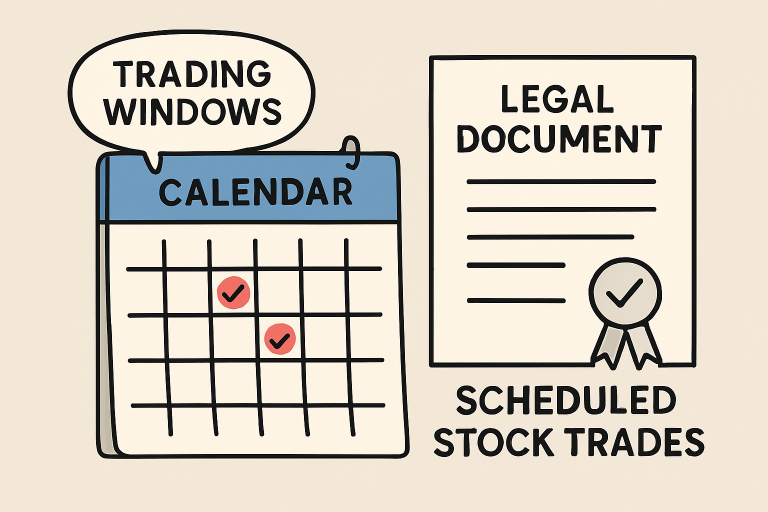Business
Do You Need a Licence for an Electric Scooter? A Complete Guide

Electric scooters are popping up in all places, from busy metropolis streets to quiet suburban lanes. They’re sleek, eco-friendly, and enjoyable to ride, making them a popular choice for commuters and informal riders alike. But one query continues coming up: do you want a licence for an electric-powered scooter?
The reply isn’t as easy as sure or no. Licensing legal guidelines can fluctuate depending on the place you live, how fast your scooter goes, and even whether or not you’re driving on the street or a cycle lane. If you’re wondering about shopping for or using an electric-powered scooter, it’s really worth considering the guidelines before you hit the throttle.
Why People Ask About Electric Scooter Licences
Electric scooters take a seat in a bit of a grey place when it comes to transportation laws. Unlike bicycles, which have clear regulations, e-scooters regularly get grouped with mopeds or bikes, especially when they attain greater speeds.
Because of this, governments deal with them in a different way around the world. In some countries, they’re regarded as non-public mobility units that don’t require a licence. In others, they’re classed as motor vehicles, for which you may want insurance, registration, and even a riding licence.
Do You Need a Licence in the UK?
In the UK, the policies are stricter than many people realise.
Privately Owned Electric Scooters
Currently, it’s unlawful to ride privately owned e-scooters on public roads, cycle lanes, or pavements. You can solely use them on non-public land with the landowner’s permission. That potential, if you purchase your very own scooter, you don’t technically want a licence to ride it; however, you additionally can’t legally take it onto the street.
Rental Electric Scooters
Things trade when it comes to apartment scooters, which are part of government-approved trials in select cities. To trip a condominium scooter legally, you must:
Be at least 18 years old.
Hold a full or provisional riding licence.
This consists of classes AM, A1, A2, A, or B. So even if you solely have a provisional vehicle licence, you’re allowed to hop on an apartment scooter.
What About Other Countries?
Regulations differ extensively throughout the globe. Here are a few examples:
- United States: Rules vary from country to state. In locations like California, you don’t want a motorbike licence; however, you should have a legitimate driver’s licence and wear a helmet if below 18.
- Germany: Riders want an insurance plan and a distinctive e-scooter plate; however, no separate usage licence.
- France: No licence is required if you’re over 14; however, velocity limits and helmet policies apply.
- Australia: Some states permit scooters up to 25 km/h without a licence, whilst others restrict them to footpaths only.The takeaway? Always take a look at your nearby site visitors’ authority’s website before shopping for or driving an e-scooter.
Why Licensing Rules Exist
You may be questioning why governments don’t simply deal with e-scooters like bicycles. The principal purpose is velocity and safety.
Many electric-powered scooters can attain 15–25 mph (25–40 km/h) or more. That places them in the same class as mopeds in the eyes of lawmakers. Faster speeds suggest a higher hazard of accidents, specifically in busy city areas. Licensing regulations aim to make certain riders recognise avenue protection and visitors’ legal guidelines before zooming round on two wheels.
Do Kids and Teenagers Need a Licence?
Parents frequently ask if young people can ride electric scooters legally. The brief answer: no longer on public roads.
In most places, children can use smaller scooters (often capped at decreased speeds) on non-public land, parks, or driveways. But they won’t be capable of tripping grown-up electric scooters on the street besides assembly age and licensing requirements.
What to Do Before Buying an Electric Scooter
If you’re thinking about buying a scooter, here are some steps to keep matters secure and legal:
- Check nearby legal guidelines: Start by searching up your metropolis or country’s e-scooter regulations.
- Decide the place you’ll experience: If it’s solely for non-public land, you may no longer want a licence.
- Consider an insurance plan: Even if it’s not mandatory now, an insurance plan can defend you in case of accidents.
- Invest in security tools: A helmet, reflective clothing, and lights are clever additions.
- Choose the proper mannequin: An extremely Great electric scooter
balances overall performance with protection features, making it less complicated to comply with nearby rules.
FAQs About Electric Scooter Licences
Can I ride an electric-powered scooter without a licence in the UK?
Only on personal land. For public use, apartment scooters require at least a provisional riding licence.
Do police end e-scooter riders?
Yes. In nations like the UK, police have the authority to restrict the usage of non-public scooters on public roads and can impose fines or confiscate the scooter.
Will licensing legal guidelines change in the future?
It’s possible. As e-scooters emerge as increasingly popular, governments are reconsidering how to regulate them. Many are walking pilot schemes that should structure future legislation.
Final Thoughts: Licence or Not, Safety Comes First
So, do you want a licence for an electric-powered scooter? The reply relies on the place you stay and whether or not your scooter is private or part of an apartment scheme. In the UK, leases require a provisional licence, whilst personal scooters can’t be used on public roads at all. In different countries, the guidelines can be extra comfy or stricter.
What’s clear is that licensing legal guidelines exist to hold riders and pedestrians safe. If you’re planning to purchase a scooter, make sure you understand the nearby rules, ride responsibly, and make investments in a Great electric scooter
that fits your needs.
Whether licences are required or not, safety, awareness, and appreciation for the street must constantly come first.
Business
Why Invest in Digital Marketing & How to Choose a Company in Boston

If you have just recently started a business in Boston, or you’re thinking of doing it, there’s no doubt that you’ll have to think about marketing. The same goes for if you’ve been running a business for a while, because the need for investing in marketing never really stops. After all, you can’t succeed on a market that is so competitive without using the right strategies to stand out, reach potential customers, turn them into paying ones, retain them, and generally build a great brand image.
Here’s why investing in digital marketing is a good move: https://www.forbes.com/councils/forbesbusinessdevelopmentcouncil/2022/06/21/7-reasons-to-invest-in-your-website-and-digital-marketing-strategy/
Of course, the modern world has brought about some changes to the way we are all doing business. Meaning, thus, that in addition to finding a way to stand out offline, you’ll need to do the same thing online. To put it differently, you will absolutely have to think about investing in digital marketing today. And, if you are not sure why, then you should keep on reading to find out.
Apart from not being sure why investing in it is a good idea, you may also not be sure about how to do it right. More precisely, you may not know how to choose the right company in Boston to provide you with these services, because you absolutely know already that you won’t be able to do it alone, and that you will need to have the right pros on your side. And, well, that is another topic we’ll cover for you today.
Why Invest in Digital Marketing
Naturally, we are going to begin with the question of why it is that you should invest in digital marketing in the first place. After all, there would be no point in talking about how you can find and hire the right pros in Boston if you’re not even sure that you need them. So, let us first tell you more about why you need them. Learn more about the benefits.
Everyone Is Online Today
First things first, everyone is online today, and that is a fact that you need to accept. This goes first for your customers, meaning that they will search for the products and services you are selling online, so it would serve you well to appear in front of them when they are doing so. But, it also goes for your competitors. Your competitors are investing in digital marketing, so if you don’t, they are bound to snatch most of your customers, which is not what you want. So, invest in this to stay competitive, and to keep on gaining customers.
Reach the Right Audience at the Right Time
Digital marketing is not simply about getting the word of your existence out there. It is more so about letting the right people know of your existence, and at the right time. That is, you want to appear in front of people when they are searching precisely for what you are offering, possibly with the intent to buy, as that is sure to help you get more customers and boost your profits. And, digital marketing makes it happen.

Build Trust and Credibility
Moving on, when you invest in various online strategies, you will succeed in establishing yourself as a reliable and trusted source. In simple words, you will establish yourself as authority, which will build trust and credibility, and thus help you boost your brand recognition and reputation, and ultimately become a known name in your industry. And, this is certainly what you want.
Get Measureable Insights
Another great reason why you should invest in digital marketing is because you will get measureable insights. You will know precisely which strategies are working perfectly, and which ones may need some adjustments. You’ll understand consumer behavior better, which will help you make more informed and smarter business decisions.
A Cost-Effective Marketing Solution
Finally, you should always keep in mind that this is a cost-effective marketing solution. The ROI can be amazing, especially if you choose the right pros in Boston to do the work for you. Which is precisely the next topic we will cover below.
How to Choose a Company in Boston
So, how can you choose the right company in Boston to do this for you? Well, you’ll come across numerous one through a few simple online searches, or through recommendations. When you, thus, come across Helium Digital Marketing Boston or any other experts, take time to research them. Check their experience for one thing, and not only general one, but also specific industry and local experience.
Then, remember to read some reviews that have been written by previous clients, as those will help you determine the reputation of the potential companies. Moving on, interview a few of the candidates, ask any questions you may have, and compare all the info. And, finally, get more quotes and compare them too, but all while keeping the rest of the mentioned factors in mind as well.
Business
Buying a Plug in HPWH: How to Do It Right

As a homeowner, you undoubtedly want to maintain your household perfectly, and to ensure comfort, as well as the smooth completion of all those daily tasks. And, of course, you will need hot water for most of those things, such as cooking, washing the dishes, bathing, and numerous other things. To have hot water, naturally, you will need to have a great water heater installed. So, whether your current one isn’t working well, or you’re looking to install a new one at a new property, you will certainly want to get a great one.
If you’re wondering how to replace one, this may help you understand: https://www.thespruce.com/replacing-a-water-heater-1824920
Now, when you first figure out that you need to replace your current device, or when the time comes for you to buy a new one at that new property, you will probably spend some time looking at those different types that exist on today’s market, in an effort to make the best choice for your home. And, well, that is when you will come across numerous different devices, including the plug in heat pump water heater. There is certainly no doubt that that one will grab your attention.
After all, we are talking about a water heater that is known for being highly energy efficient. And then, the fact that it is a plug in one means that you can have it easily installed at your property, without having to do any additional electrical or plumbing work, since the device plugs into a standard household outlet. Furthermore, these are also quite durable, meaning they will pay off in the long run, especially when you get a highly energy efficient one that will save you money on electricity bills, as well as if you potentially make use of some rebates and incentives that could lower the initial costs.
Anyway, the fact that you are here tells me that you have already decided to get this plug in HPWH for your property. The only thing left to do now, thus, is figure out how to, well, do that the right way. That is, how to buy the perfect device for yourself. And, that is something that we will discuss below, taking you through the steps that you should take, as well as letting you know of the factors you should consider in order to ultimately make the perfect decision. Click this to learn what you need to know about HPWHs.

Choose the Right Size
It should go without saying that choosing the right size is of utmost importance here. And, to select the right size, you will need to determine your particular household needs, as well as think about the actual space where you want to have this device installed. Choosing the right tank capacity is definitely crucial, so don’t make any hasty decisions here, and get some advice from professionals if you’re not sure how to make this choice on your own.
Check Efficiency Ratings
Moving on, you will also have to check the efficiency ratings. When getting a plug in HPWH, you can surely expect the device to be energy efficient. Yet, you should know that there are different ones out there, and that their energy efficiency ratings are also different. Your task here is to get a device that has a good energy efficiency rating, as that is how you will save money on electricity in the long run.
Consider Noise Levels
Most plug in HPWHs tend to be quiet, but this is something you should check, instead of assuming. This goes especially if you’re planning on having the device installed, say, near a sleeping area, or in a small apartment. The idea is for you to check the sound ratings before making any kinds of buying decisions, if the noise level is a factor for you.
Research Different Brands and Compare
Naturally, in addition to simply checking the devices and their quality, you should remember to research the different brands as well, and then compare them. The goal here is for you to get an amazing, Easy-install plug-in heat pump water heater from a reliable and reputable brand that is known for offering great quality products. So, take time to research those brands out in more details, and then ultimately choose the best one for you.
Keep Warranties in Mind
Keeping warranties in mind is also of great importance here. In short, you want the professionals you get this product from to offer you warranties on the device. So, check those out to see how long they last and what it is that is covered.
Compare the Prices
Finally, remember to compare the prices. But, also remember to check for tax credits, rebates and incentives. That way, you will ultimately get the best plug in HPWH for a completely fair price, and thus save on your investment right from the start.
Business
Insider Trading Plans: A Practical Guide for Corporate Executives

Introduction to Rule 10b5-1 Trading Plans
Navigating insider trading regulations is a critical responsibility for corporate insiders and executives. The SEC’s Rule 10b5-1, established in 2000, was designed to provide executives with a legal avenue to trade company stock without the risk of being accused of insider trading—so long as the trades are set up in advance according to predetermined criteria. 10b5-1 trading plans are structured to allow such scheduling, helping insiders demonstrate that trades were not influenced by material nonpublic information (MNPI) at the time of plan adoption.
These plans are increasingly important given today’s volatile market environment and the heightened scrutiny surrounding executive stock sales. As regulatory scrutiny increases, having a robust 10b5-1 plan is not just a good idea—it’s essential for maintaining transparency, supporting effective compliance, and protecting both the individual and the corporation.
By leaning on these predetermined schedules, corporate officers can focus on running the business, secure in the knowledge that their trades are insulated from legal risk, so long as the rules are strictly followed. This blend of rigor and flexibility is why so many companies encourage key personnel to use 10b5-1 plans as a core tool for insider trading risk management.
For those new to this topic or seeking to understand the nuances of regulatory compliance in executive trading, this guide clarifies the structure of 10b5-1 plans, highlights key recent changes, and offers practical implementation tips.
Recent Regulatory Changes and Their Implications
In December 2022, the Securities and Exchange Commission made significant amendments to Rule 10b5-1 to address potential abuses and increase investor confidence. Some of the most notable changes include:
- Cooling-Off Periods: Directors and officers who establish a 10b5-1 plan must now wait a specified period before the plan’s first trade can be executed. This cooling-off period, commonly 90 to 120 days, is meant to ensure that trades are not coordinated on the basis of inside information.
- Restrictions on Multiple and Overlapping Plans: Executives are now restricted from using multiple, overlapping 10b5-1 plans or single-trade plans, practices that previously enabled potential manipulation of trade timing and volume.
- Enhanced Public Disclosure: Companies must provide more detailed disclosures in their quarterly reports to the SEC about insiders’ adoption, modification, or termination of 10b5-1 plans, thereby boosting transparency for investors and market participants.
These reforms are designed to close loopholes and elevate market integrity. Executives and companies alike need to adapt quickly to these amendments in order to avoid unwanted regulatory attention or reputational damage. For an in-depth breakdown of these SEC rule changes, see this SEC press release. Overall, the updated Rule 10b5-1 requirements underscore the SEC’s broader push for greater transparency, accountability, and investor protection. Staying informed and aligning internal trading policies with these reforms can help organizations maintain compliance while reinforcing trust with shareholders and the broader market.
Best Practices for Implementing 10b5-1 Plans
To ensure both full regulatory compliance and the credibility of insider trading defenses, executives should adhere to the following best practices for designing and managing their 10b5-1 trading plans:
- Establish Plans Only During Open Trading Windows: Initiate or modify plans when you do not possess MNPI, ideally during company-authorized open trading periods. This supports the plan’s good-faith nature.
- Respect the Required Cooling-Off Period: Never execute trades until the mandatory cooling-off period has elapsed. Any deviation can undermine the plan and raise red flags with regulators.
- Avoid Overlapping Plans: Limit yourself to one active 10b5-1 plan to avoid the appearance of gaming the system and to align with new restrictions.
- Maintain Detailed Records and Approvals: Document the rationale, approval process, and dates of plan adoption, modification, or termination. These records will be essential if the plan’s legitimacy is ever called into question.
- Conduct Regular Reviews: Revisit your plans periodically with legal counsel and compliance teams to ensure ongoing alignment with current laws and your company’s policies.
Many experts recommend a proactive approach to plan management, including regular training sessions and audits, to help prevent unintended violations.
Conclusion
For corporate executives and insiders, 10b5-1 trading plans are indispensable tools for lawful participation in equity markets. As regulatory expectations and enforcement intensify, careful adherence to best practices—matched with rigorous disclosure and diligent plan maintenance—forms the foundation for effective compliance. Remaining informed, seeking regular legal counsel, and following the latest guidance from agencies like the SEC will help executives safeguard their interests and uphold corporate integrity for long-term trust with stakeholders.






